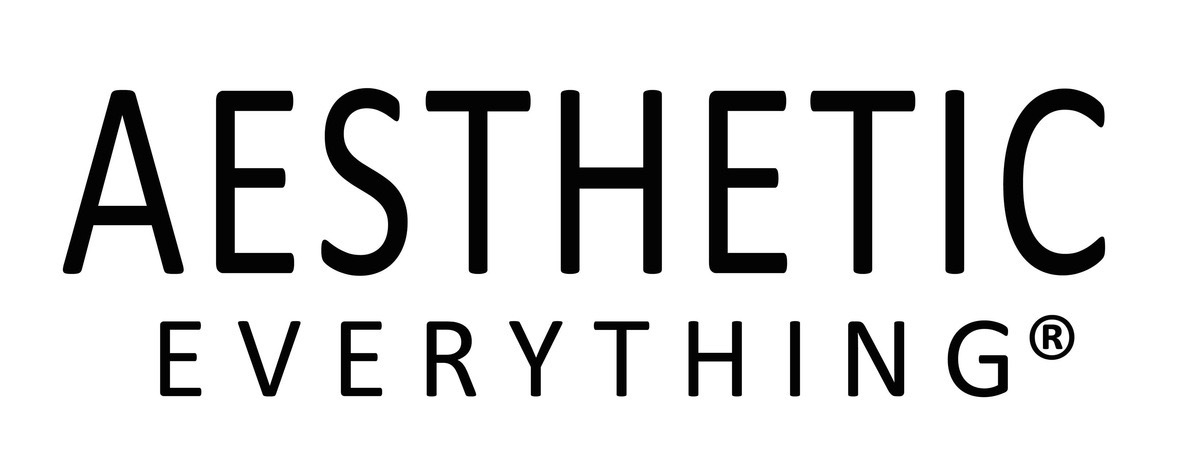Running a successful business requires you to become well-versed in managing finances. To improve your bottom line, you have to know how to successfully manage your overhead expenses, so it doesn’t end up costing your business.
Overhead cost reductions have little to do with profit generation but cutting them can ensure business efficiency. Also, they are not directly related to the production side of your business.
These costs are the cost of doing business and are invested in order to pay off basic utility expenses, licenses, rents, subscriptions, taxes, utility bills, office equipment, maintenance, and repairs.
For your business to run efficiently, overhead costs must be reduced to minimum. Taking steps to reduce these will enhance savings to the maximum.
Overhead cost reduction is usually the first thing businesses think of when diluting the impact from losses incurred and getting things to run efficiently. Supplies, inventory and other items lying around unused often get slashed in this quest to cut back.
Suppose if you are a dry-cleaning business, you’d think of reducing the number of washing units to cut down on electricity costs, which is a primary consumptive cost for such businesses.
In New York City, where electricity costs are 32.4 percent higher than the national average, electricity cost cutting can lead to massive savings. On the other hand, businesses, similar to dry cleaners NYC, provide a valuable service to the residents of NYC, who rely on them to get their laundry done, and would not be able to take a unit off their line.
However, the business above uses eco-friendly options to meet their energy consumption requirements, and, therefore, has a lesser need for downsizing their washing unit capacity because of electricity costs.
Before you start cutting on overhead costs, you should know the different types of overhead costs:
-
Variable overhead costs are expenses that fluctuate concurrently with sales. Shipping, legal fees, utilities, office equipment, equipment servicing, marketing, and other related charges are variable overhead costs.
-
Semi-variable overhead expenses are expenses that you must pay depending on business activities, but the amount may vary significantly. All electricity, car expenditures (e.g., repairs, gas), hourly pay, revenue salaries, and incentives are examples of semi-variable overheads.
-
Fixed overhead costs are expenses that do not fluctuate based on profit, time, or business growth. Rent, insurance rates, loans, contracts, property taxes, and government fees are all examples of fixed costs. Even if you are not selling your stuff or making money, these expenditures remain the same.
The following is a rundown of the tips that will help you in reducing your overhead:
Review your Overhead Costs
It is necessary to go over all of your overhead expenditures and cross off expenses that are unnecessary. You can eliminate overhead costs that you no longer require, like paying for a license you no longer need.
Add costs such as salaries, bonuses, company contribution levies, and HR requirements. Once you review all the overhead costs, you are now ready to eliminate the ones you feel you no longer have a need for.
Hire an Accountant
While hiring an accountant to handle your accounts may appear to be an additional cost in itself, it will help you find ways to save more money. Your accountant cannot only help you optimize efficiency and avoid costly financial blunders, but he can also assist you in identifying possible tax exemptions, which could lead to a spike in your net earnings.
Rent Equipment instead of Buying
Commercial equipment is a major financial commitment. You can rent or contract it instead of just buying it if you do not have the capital. You don’t have to pay for the costs of using, repairing and maintaining the equipment.
Review your Contracts
If your company has been in business for some time, you need to start revising your previous contracts with vendors and providers. Long-term business relations call for receiving some sort of discounted deals. Extricate your company and yourself from deals that no longer offer any value to your organization. If you have been using a specific vendor for some time, you should ask them for discount deals.
Terminate unnecessary Subscriptions
Many employers use internet software to assist them in running their finances. However, the monthly membership charges for these systems can soon pile up. This means that you should be reviewing your recurring subscriptions.
Be Your Own Brand Ambassador
Marketing is a necessary aspect of running a business, particularly in today’s competitive market, but it may take up a sizable chunk of your budget. By using your client recommendations as the biggest marketing tool, you can ensure that your business keeps getting clients through word-of-mouth advertising or brand credibility.
On the other hand, brands also seek social media influencers to promote products on their pages to their huge following. For a little spend, you’ll be able to market to millions of social media users.
Outsource Work to Freelancers
You don’t have to handle everything by yourself. Outsourcing the various duties and tasks of your business operations will allow you to get work done without having to retain permanent employees. This saves you money because freelancing services can be used as one-off expenses.
Only outsource services and tasks that are suitable for remote work.
Laying off Extra Staff
Salaries are another significant contributor to your overhead expenditures. Downsizing is also a feasible option to explore if you feel laying off some of the staff won’t harm your operations.
However, instead of hiring more than you need in one go, you should hire only as many employees as are required. Hiring should be based on merit, so you don’t hire incompetent employees that you will have to layoff later.
Improve Negotiation Skills
To reduce overhead costs, you must negotiate and bargain to get the prices you can afford. If you have good negotiating skills, you can easily convince your clients and vendors on your terms and conditions.
Final Words!
To make a business profitable, you must cut your overhead costs. The above-mentioned methods are the ones employed by all business when they’re thinking of cutting expenditures. For cost cutting, you should know the details of your business to improve efficiency wherever required. Once you have an overview of all the business operations and the total costs involved, you can come up with a strategy for overhead-cost cutting.




